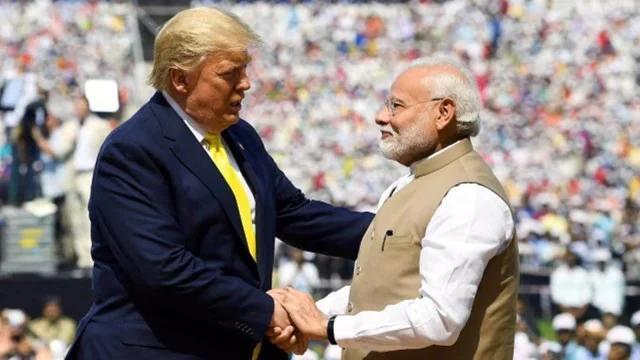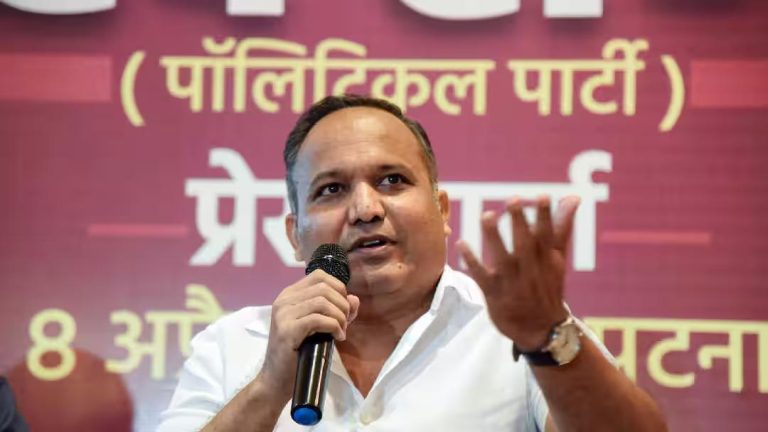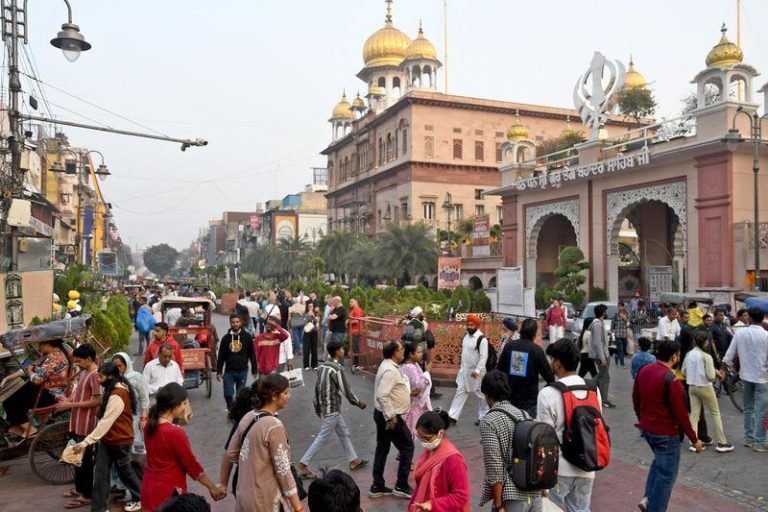
India-US Trade Deal Slows over Differences in GM Crops: Report
The India-US trade deal has hit a roadblock over differences on multiple fronts, including genetically-modified (GM) crops, medical devices, and data localisation. The stalemate has raised concerns about the impact on trade relations between the two nations.
According to a report, India is reluctant to open its market to US GM crops, citing the potential impact on domestic producers. The US, on the other hand, is pushing for relaxed regulations on medical devices and data localisation. India is seeking exemptions from US tariffs on steel and pharmaceuticals, which has led to threats of reciprocal measures.
The report highlights the complexity of the trade negotiations, which have been ongoing for several months. The US has been seeking greater access to India’s market for its products, including agricultural goods, pharmaceuticals, and medical devices. India, however, is hesitant to open its markets, citing concerns about the impact on domestic industries.
One of the key areas of contention is GM crops. The US has been pushing for India to relax its regulations on GM crops, which allows for the cultivation and import of genetically modified organisms (GMOs). However, India has been resistant to this demand, citing concerns about the impact on domestic farmers and the environment.
India’s Agricultural Ministry has stated that the country will not compromise on its stance against GM crops. The ministry has also emphasized the need for a comprehensive review of the environmental and social impacts of GM crops before they are allowed to be cultivated and sold in the country.
The US, on the other hand, has been pushing for relaxed regulations on medical devices. The US has been seeking to export more medical devices to India, which is one of the fastest-growing healthcare markets in the world. However, India has been resistant to this demand, citing concerns about the quality and safety of medical devices.
Additionally, the US has been seeking data localisation, which requires foreign companies to store and process data within India’s borders. India has been resisting this demand, citing concerns about data privacy and security.
India has also been seeking exemptions from US tariffs on steel and pharmaceuticals. The US has been imposing tariffs on these products, which has led to a significant increase in the cost of these products for Indian consumers. India has been seeking exemptions from these tariffs, which has led to threats of reciprocal measures from the US.
The stalemate in trade negotiations has raised concerns about the impact on trade relations between the two nations. The US has been India’s largest trading partner, and a trade deal would benefit both countries. However, the differences over GM crops, medical devices, and data localisation have created a significant hurdle in the negotiations.
In conclusion, the India-US trade deal has slowed over differences in multiple factors, including GM crops, medical devices, and data localisation. The stalemate has raised concerns about the impact on trade relations between the two nations. It is essential for both countries to find a compromise on these issues to avoid a trade war and to benefit from the vast economic opportunities that a trade deal would bring.






